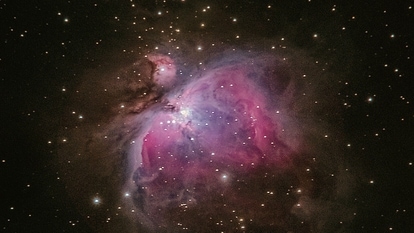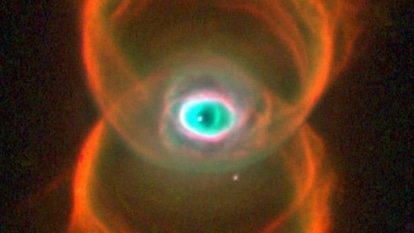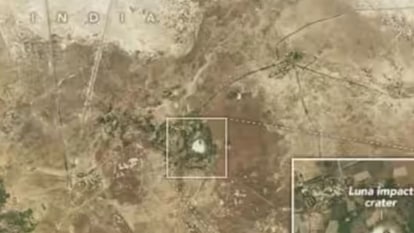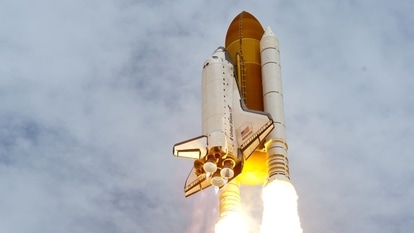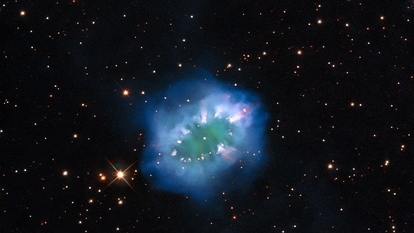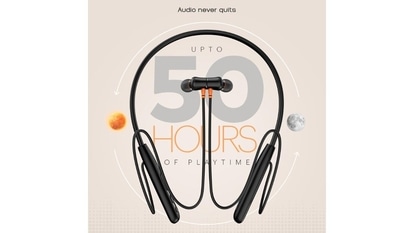Asteroid warning! NASA reveals space rock speeding towards Earth at 23615 kmph
A menacing asteroid could make its closest approach to Earth as soon as today, NASA has revealed.
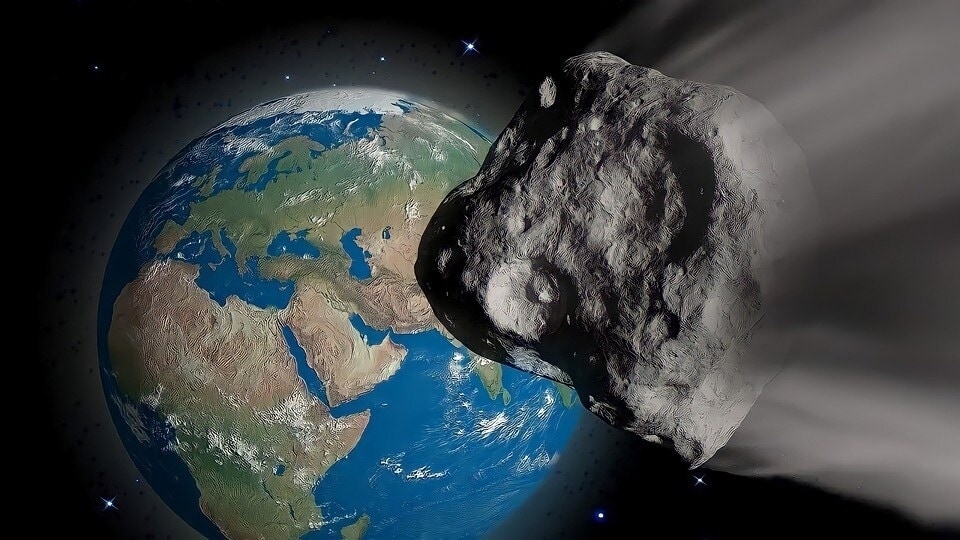
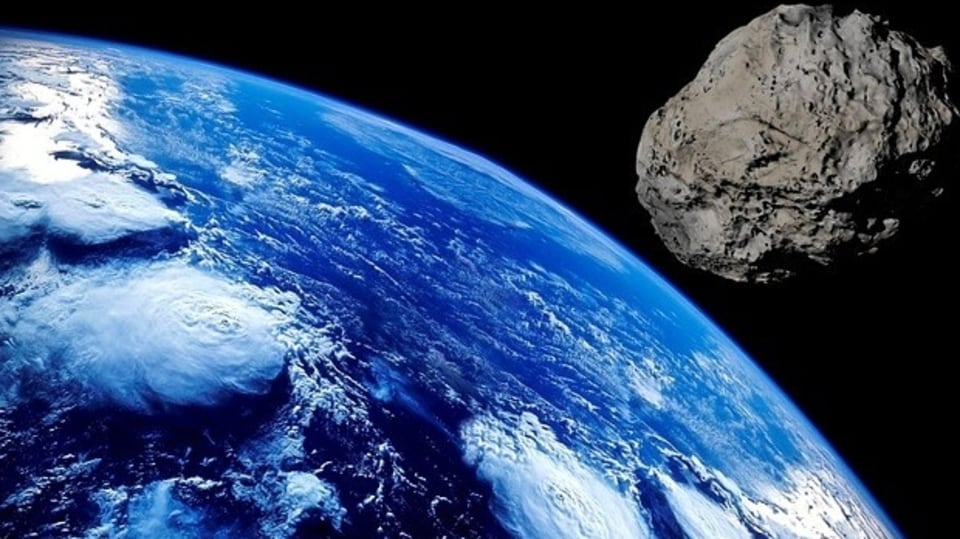
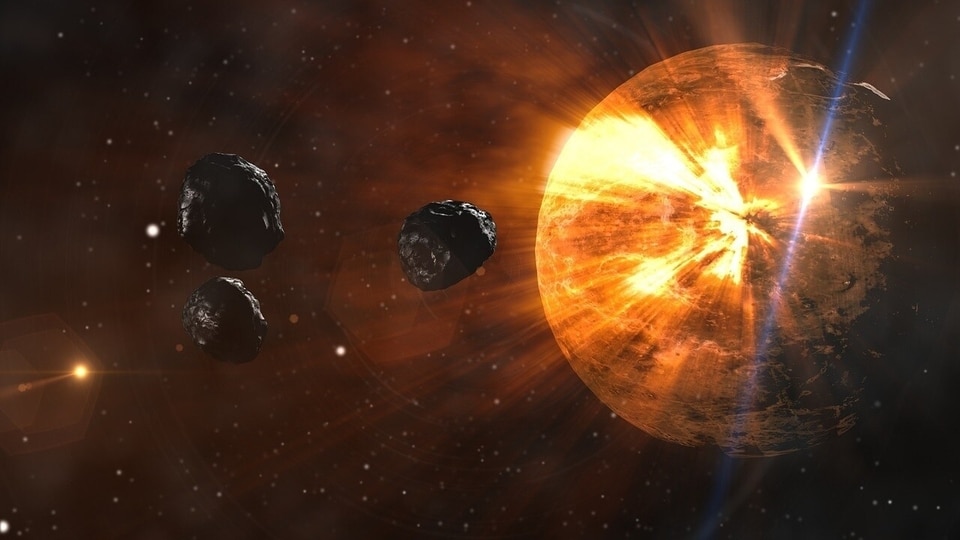
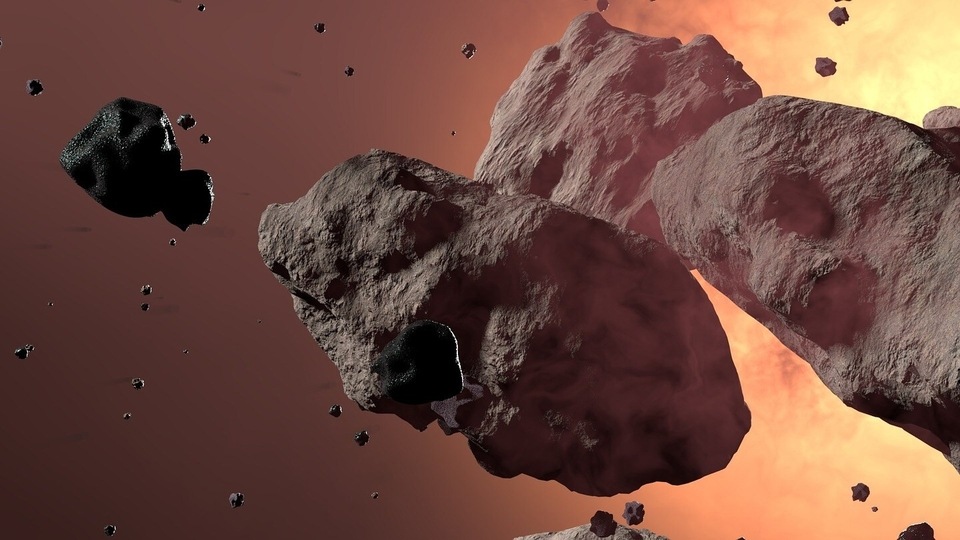
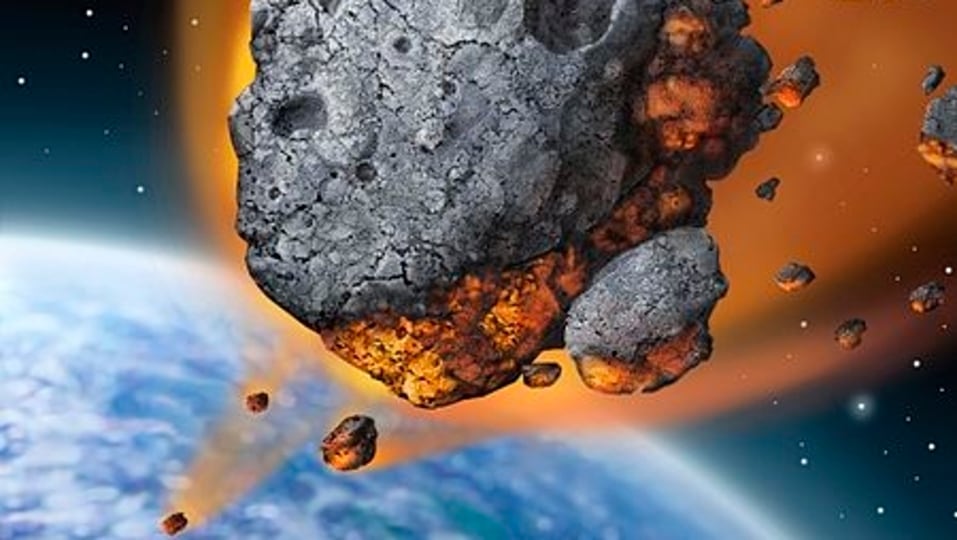
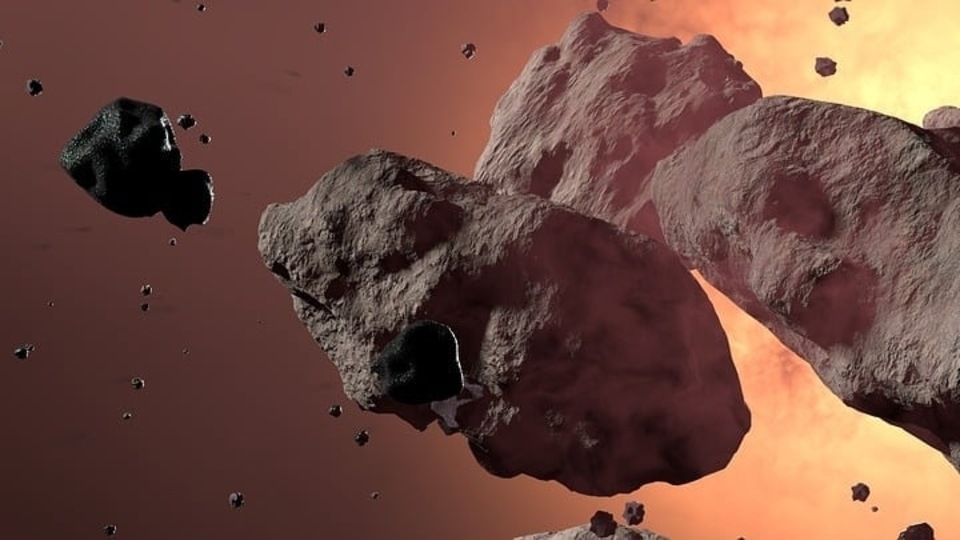
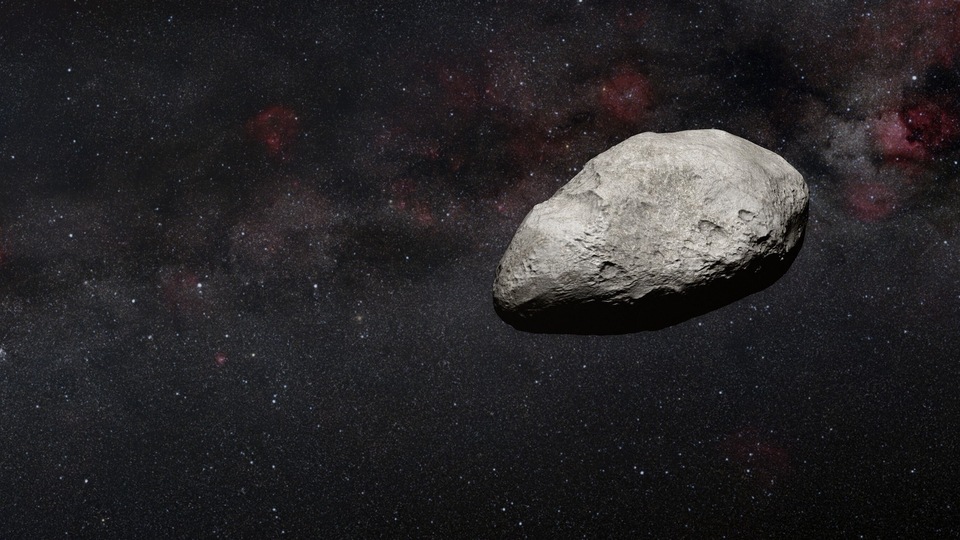
 View all Images
View all ImagesAsteroids, along with other celestial objects are the one of the biggest threats to humanity in the Universe. And there is proof of it since asteroids were one of the main reasons behind the extinction of dinosaurs. Most near-Earth objects have orbits that don't bring them very close to Earth, and therefore pose no risk of impact, but a small fraction of them require more attention, according to NASA.
Unlike bigger asteroids which rarely stray towards Earth, smaller asteroids frequently fly past Earth at relatively close distances. Although not nearly as big, NASA has issued an alert against an asteroid which is expected to make its closest approach to Earth today.
Key information about Asteroid 2023 GC1
NASA's Planetary Defense Coordination Office is the watchdog which keeps an eye on celestial objects like asteroids for potential impact with the planet. These objects are termed as Potentially Hazardous Objects if they are projected to fly past Earth at a distance closer than 8 million kilometers.
Although not a potentially hazardous asteroid, NASA has issued a warning about an asteroid named Asteroid 2023 GC1 which is expected to buzz Earth today, April 14.
In fact, this asteroid is already on its way towards the planet at a ferocious speed of 23615 kilometers per hour. NASA estimates this asteroid will pass Earth at a distance of 5.9 million kilometers. This asteroid isn't particularly concerning due to its relatively small size. It is about 51 feet wide, which makes it as big as a house.
Why are asteroids studied?
Scientists study asteroids to learn more about the early solar system and the conditions that existed when the planets were forming. Asteroids can also provide valuable resources such as water, metals, and other minerals. One such discovery was made by studying an asteroid.
Until now, it was believed that water was already present on Earth from earliest times. However, a recent study has made an astonishing discovery that puts this very thought into doubt. The study has revealed that water may have originated on asteroids.
Catch all the Latest Tech News, Mobile News, Laptop News, Gaming news, Wearables News , How To News, also keep up with us on Whatsapp channel,Twitter, Facebook, Google News, and Instagram. For our latest videos, subscribe to our YouTube channel.



